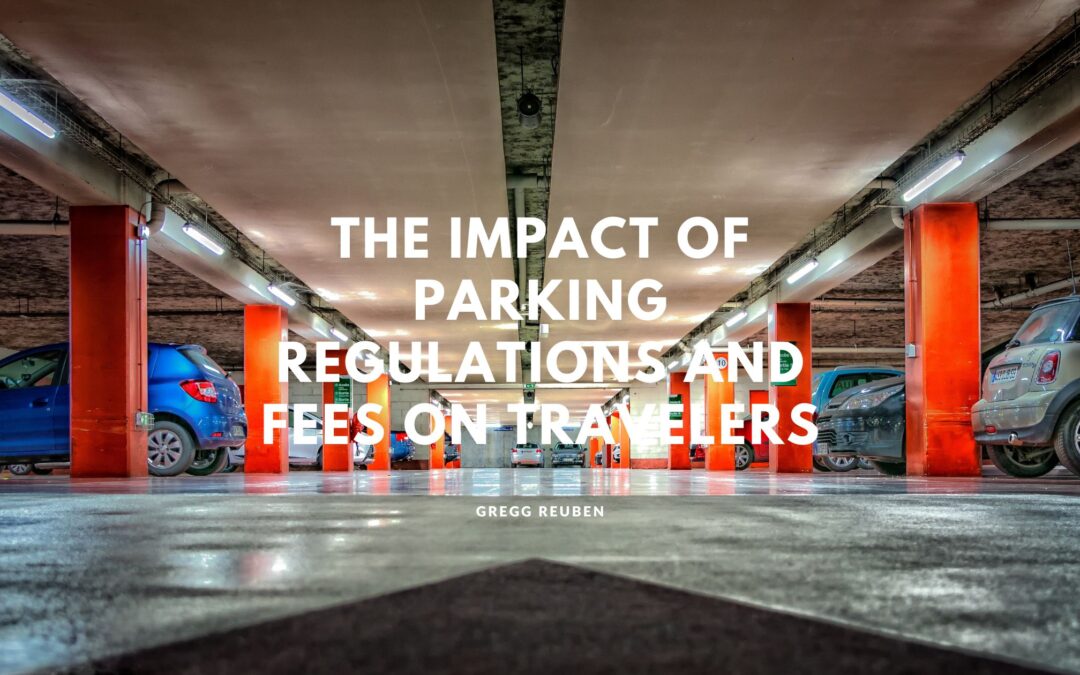Traveling has always been an exciting adventure, filled with new experiences and discoveries. However, one aspect that can often dampen the spirit of exploration is the hassle of finding suitable parking spaces and dealing with parking regulations and fees. Let’s look at the impact of parking regulations and fees on travelers and explore the challenges they face.
Cost and Budget Constraints:
One of the most immediate impacts of parking regulations and fees on travelers is the financial burden it poses. Many popular tourist destinations, cities, and airports have high parking fees that can quickly add up, especially for extended stays. Travelers on a tight budget may need to allocate a significant portion of their funds to parking expenses, limiting their ability to fully enjoy other aspects of their trip, such as dining, attractions, or accommodations.
Limited Availability:
Parking regulations often dictate where and how long travelers can park their vehicles. Finding a parking spot in urban areas can cost time, cause frustration, and even miss opportunities. Limited availability of parking spaces can also result in travelers having to park far away from their desired destinations, necessitating additional transportation costs or inconvenient walking distances.
Complex and Varying Regulations:
Navigating the intricacies of parking regulations can be challenging for travelers. Different cities, regions, and countries have varying rules, including parking zones, time limits, permit requirements, and parking bans. Understanding and complying with these regulations can be daunting, especially for those unfamiliar with the area. Failure to adhere to these rules can lead to parking tickets, fines, and even vehicle towing, further adding to the stress and expenses of the trip.
Environmental Impact:
Excessive reliance on personal vehicles and the consequent demand for parking spaces can have negative environmental implications. Encouraging sustainable transportation options, such as public transit, biking, or walking, is crucial for reducing carbon emissions and alleviating traffic congestion in popular tourist areas. However, high parking fees and limited availability can deter travelers from opting for these eco-friendly alternatives, leading to increased vehicular traffic and environmental harm.
Innovation and Alternative Solutions:
Innovative solutions have emerged to mitigate the impact of parking regulations and fees on travelers. Smart parking technologies, such as mobile apps and sensors, provide real-time information about available parking spaces, reducing the time and effort required to find suitable parking. Additionally, shared mobility services, such as car-sharing and ride-hailing, offer alternatives to traditional parking for travelers, allowing them to access transportation when needed without the burden of parking fees.
Planning and Preparation:
Proper planning and preparation are essential for overcoming the challenges posed by parking regulations and fees. Travelers should research and familiarize themselves with the parking regulations of their destination in advance. They can explore alternative parking options, such as off-site parking facilities or park-and-ride schemes, often offering more affordable rates. Additionally, considering alternative transportation methods, like public transit or carpooling, can help reduce parking-related stress and expenses.
While parking regulations and fees can undoubtedly present challenges for travelers, it is essential to approach them with the right mindset and adequate preparation. Policymakers should strive to balance revenue generation and provide affordable and convenient parking options for travelers, ensuring a more seamless and enjoyable travel experience for all.

